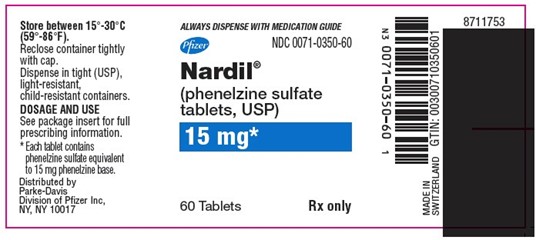A nurse is assisting with the care of a client who is in active labor. Which of the following data is the priority
for the nurse to collect following an amniotomy?
Amniotic fluid color
The client's temperature
Frequency of contractions
Fetal heart rate
The Correct Answer is D
The priority data for the nurse to collect following an amniotomy is the fetal heart rate. This is an important nursing intervention to assess fetal well-being and identify any potential complications.
a) Assessing the color of the amniotic fluid is important, but it is not the highest priority.
b) Monitoring the client's temperature is important, but it is not the highest priority.
c) Assessing the frequency of contractions is important, but it is not the highest priority.

Nursing Test Bank
Naxlex Comprehensive Predictor Exams
Related Questions
Correct Answer is ["B"]
Explanation
Answer: B
Rationale:
A) Use written signs to assist the client with locating the bathroom: While written signs may be helpful in the earlier stages of Alzheimer's disease, as the disease progresses, clients may lose the ability to read and comprehend written language. Visual cues, such as pictures or color-coded indicators, tend to be more effective in helping clients navigate their environment.
B) Limit the number of choices for the client: Limiting choices reduces confusion and anxiety for clients with Alzheimer's disease. Providing too many options can overwhelm them, making decision-making difficult. Offering simple, clear choices helps to maintain a sense of autonomy while minimizing stress.
C) Provide a stimulating environment for the client: Although some stimulation can be beneficial, excessive stimulation can overwhelm a client with Alzheimer's disease, leading to agitation and confusion. It's important to create a calm, structured environment that promotes safety and reduces anxiety.
D) Use confrontation to manage the client’s behavior: Confrontation should be avoided when managing the behavior of clients with Alzheimer's disease. Confronting or challenging them can increase agitation and lead to further confusion. Instead, caregivers should use distraction, redirection, and a calm approach to manage difficult behaviors effectively.
Correct Answer is D
Explanation
The nurse should expect the provider to discontinue phenelzine 2 weeks before starting fluoxetine treatment. Phenelzine is a monoamine oxidase inhibitor (MAOI) and should not be taken with fluoxetine, which is a selective serotonin reuptake inhibitor (SSRI). Taking these two medications together can cause a dangerous drug interaction known as serotonin syndrome.
a) Levothyroxine is a thyroid hormone replacement medication and does not interact with fluoxetine.
b) Acetaminophen is a pain reliever and does not interact with fluoxetine.
c) Simvastatin is a cholesterol- lowering medication and does not interact with fluoxetine.

Whether you are a student looking to ace your exams or a practicing nurse seeking to enhance your expertise , our nursing education contents will empower you with the confidence and competence to make a difference in the lives of patients and become a respected leader in the healthcare field.
Visit Naxlex, invest in your future and unlock endless possibilities with our unparalleled nursing education contents today
Report Wrong Answer on the Current Question
Do you disagree with the answer? If yes, what is your expected answer? Explain.
Kindly be descriptive with the issue you are facing.
